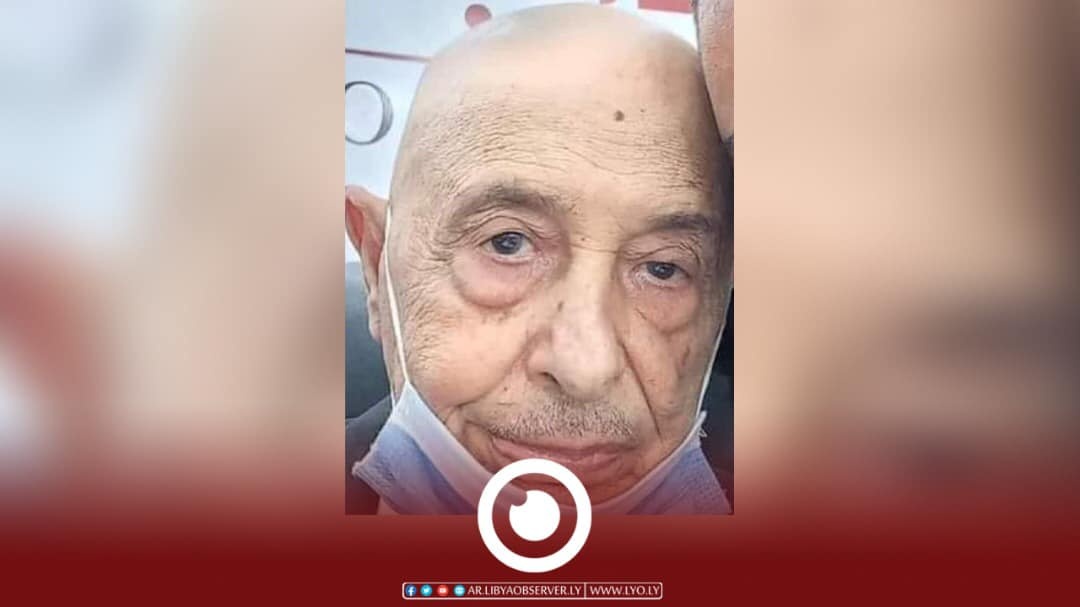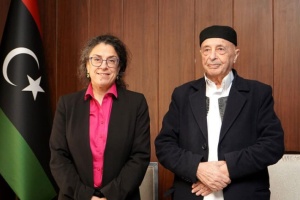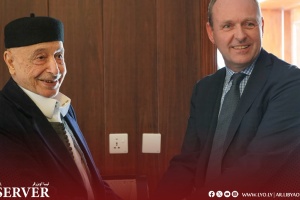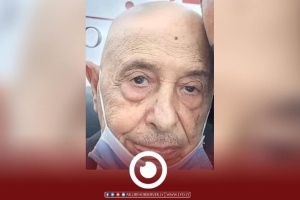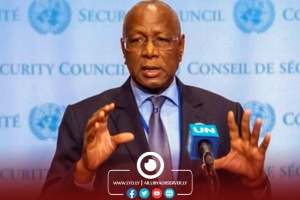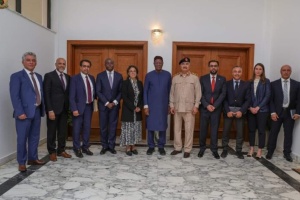The Speaker of the House of Representatives (HoR) Aqila Saleh said that the briefing of the UN envoy Abdoulaye Bathily made it clear that he was not well aware of the constitutional declaration and the political agreement.
Saleh added in a TV interview that Bathily made a mistake when he said that there is more than one legislative body in Libya, and that the HoR's legitimacy was expired, stressing that Bathily should not infringe on the Libyans' right to choose and approve the alternative, denouncing as well what he described as Bathily's mixing of cards as "he is not more keen on holding elections than Libyans are," and wondering if Bathily became a head of state to decide which councils are out of office term.
Saleh called on Libyan citizens to support him in forming a single government that would supervise elections throughout Libya. He indicated that the constitutional and legal basis for elections would be completed next June, and from there, the role of the government and the High National Elections Commission for implementation could begin.
He said that the HoR had fulfilled its role and legislative duties in full by issuing the 13th constitutional amendment, stressing that the HoR was following up on the problems of Libyans, and issued the salary-unification law and continued its fighting against corruption.
On the Egyptian intervention in the Libyan affairs, Saleh said that the Egyptian position rejecting Bathily's initiative stemmed from its rejection of foreign interference in Libya, indicating that Libya's relationship with Egypt was one of neighborhood and interests, and that Egypt was well-informed of the status quo of the Libyan people, their social composition, and their sensitivity to foreign interference.
On February 02, the UN envoy launched an initiative to hold presidential and legislative elections in the country in 2023.

